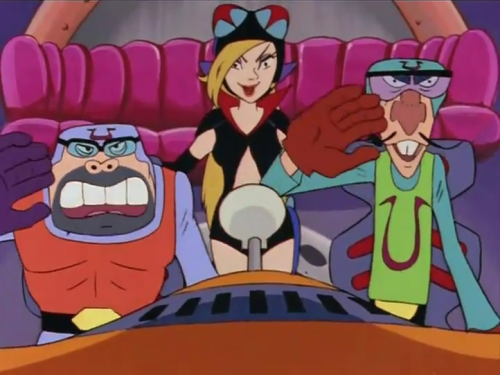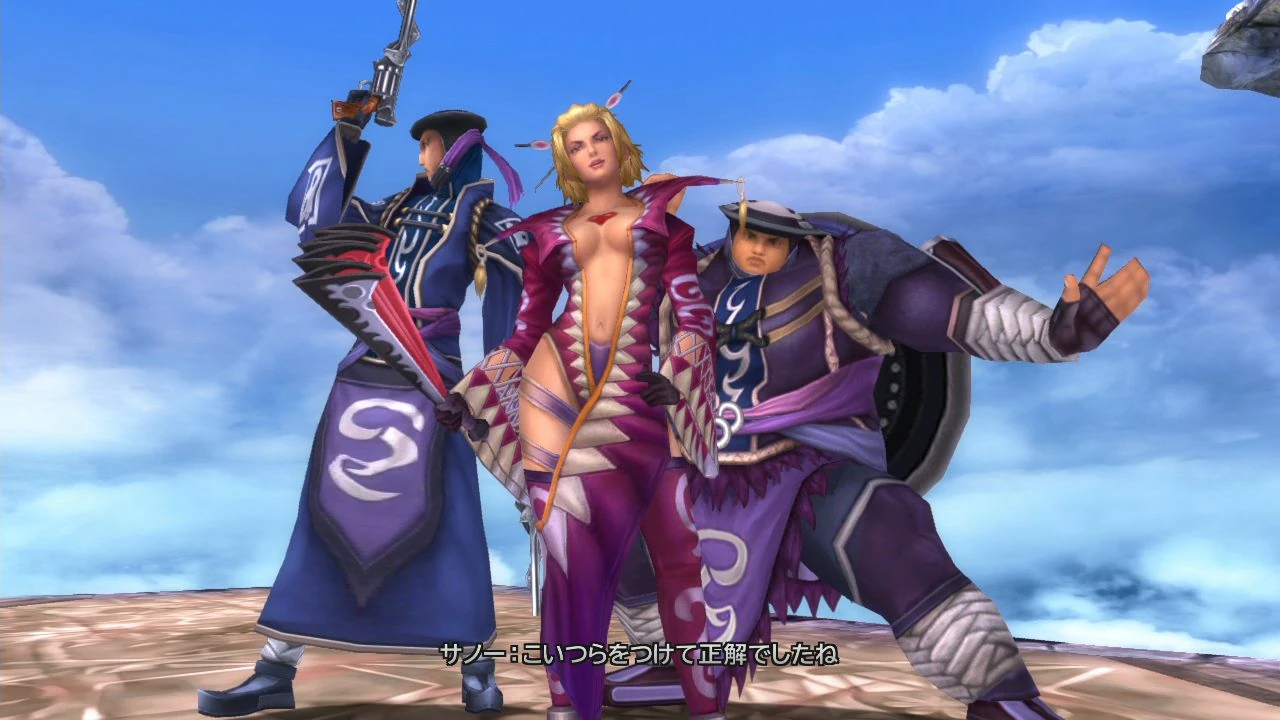Purple
(She/Her)
I literally can't think of one single remake of any game ever (non-Resident Evil, but there it feels more like just adding a new entry to the series) that hasn't felt like a step down to me. Particularly with RPGs, there's a weird sort of charm inherent to older hardware that always gets lost (plus you can only fit so much game on a famicom cart, so it's unlikely to see some ridiculously long game or bosses needing more precious RAM slots to hold a stupidly large HP value). So the going is slow from because I just haven't had gaming time generally, but I'm really enjoying playing through 2 in its original form, and excited about continuing to 3. Even the DS version has some appeal, but yeah, I really want the raw unfiltered experience. Seems good.That said, my vote was for the Famicom version, and only the Famicom version. I think the DS version is significantly worse with some real design missteps (and I resent how it unfairly poisoned the well against the FC version, as well as created some stubbornly persistent misconceptions about how the original game works), and I think the Pixel Remaster is "fine" insofar as it got a lot of people to play *some* version of this game who would never have otherwise, but I think that version loses a lot of the charm, and is far too easy/frictionless, not to mention that the facelifts to both versions obfuscate some of the explicit links to FF4 & 5 that I adored so much, and it really bums me out how few series fans have experienced that original, excellent game.
Also this whole thread is starting to make me feel guilty on my series completion.
1- Check!
2- Just starting!
3- Stalled out at the endgame of the DS version.
4- Check!
4-2- The Wii shop is dead so I'd need a new copy of the whole thing and some kind of external incentive.
5- ... I got like the best possible draw in the one fiesta I signed up for, like a couple years ago now, so I'm fighting those super bosses, but I need to grind for gear first.
6- Check!
7- Check!
Crisis Core- What was this even on?
Dirge of Cerberus- Did this even come out?
8-Check!
9- Check!
10- Check!
10-2- Check!
11- I'd legitimately like to give it a shot some day, but it's never been practical.
12- Lost me pretty early on honestly.
13- Own it, never started (360 red ringed before I could, THINK I have a working one now?)
13-2- Don't even own it.
13-3- Don't even own it.
14- Here the stars did kind of align, I think I'm almost through Shadowbringers. Momentum should keep carrying me on.
15- Don't own it, feel like I should do 13 first.
16- Not out yet.
2- Just starting!
3- Stalled out at the endgame of the DS version.
4- Check!
4-2- The Wii shop is dead so I'd need a new copy of the whole thing and some kind of external incentive.
5- ... I got like the best possible draw in the one fiesta I signed up for, like a couple years ago now, so I'm fighting those super bosses, but I need to grind for gear first.
6- Check!
7- Check!
Crisis Core- What was this even on?
Dirge of Cerberus- Did this even come out?
8-Check!
9- Check!
10- Check!
10-2- Check!
11- I'd legitimately like to give it a shot some day, but it's never been practical.
12- Lost me pretty early on honestly.
13- Own it, never started (360 red ringed before I could, THINK I have a working one now?)
13-2- Don't even own it.
13-3- Don't even own it.
14- Here the stars did kind of align, I think I'm almost through Shadowbringers. Momentum should keep carrying me on.
15- Don't own it, feel like I should do 13 first.
16- Not out yet.
Last edited:

